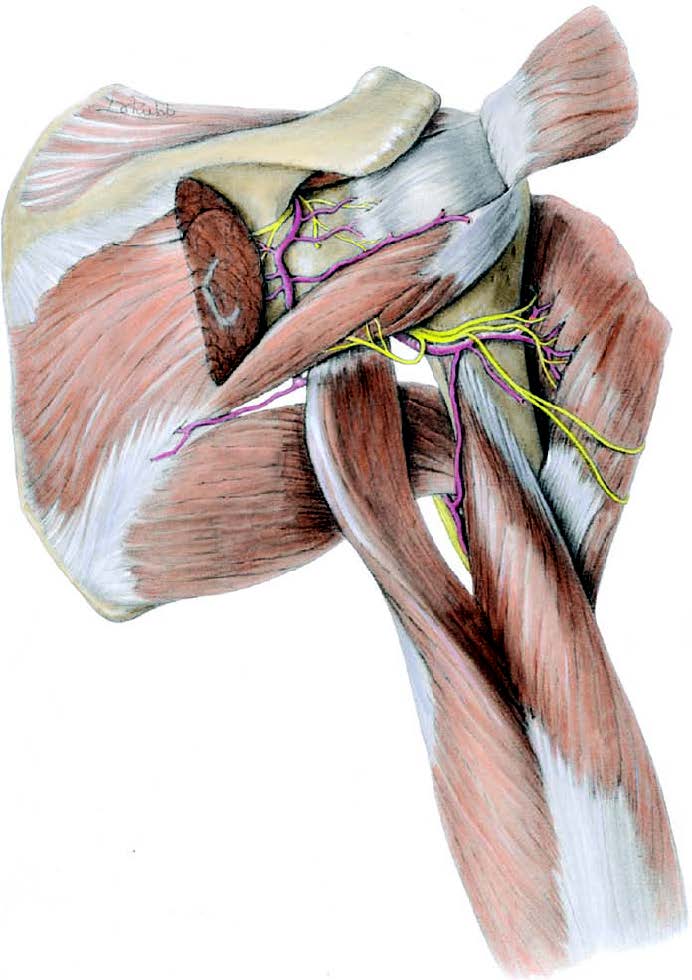Frozen shoulder (adhesive capsulitis) is a painful condition that restricts shoulder movement due to inflammation and stiffness in the joint capsule. It often progresses through 2 phases (previously thought to be 3- freezing, frozen, thawing).
We now classify the stages in 2:
Recovery can take months to years depending on the severity of the symptoms, but over the years, medicine has evolved and learned to treat it better!

Research highlights that movement-based therapy is the most effective approach to treating frozen shoulder. While aggressive stretching and mobilizations can worsen symptoms, a gentle, progressive exercise program helps regain motion and reduce pain.
A 2024 study found that patients who engaged in supervised exercise therapy reported better pain relief and mobility improvements compared to those who only performed home exercises. It also showed added benefits in reducing anxiety and depression associated with persistent pain.
Education plays a critical role in reducing fear, improving compliance, and promoting recovery. Patients should understand that frozen shoulder:
Encouraging patients to stay active, engage in daily movements, and avoid immobilization helps accelerate recovery.
Manual therapy, including joint mobilizations and soft tissue techniques, can help manage discomfort and improve range of motion when used appropriately. However, studies indicate that:
Corticosteroid injections can provide short-term pain relief, but they do not necessarily speed up recovery. Hydrodilatation (injecting fluid to stretch the joint capsule) has been shown to provide faster symptom relief in the early stages, especially when followed by physiotherapy; however, long term effects are questionable.
The latest research supports a balanced, patient-centered approach for frozen shoulder treatment:
✅ Gentle, progressive exercise therapy to restore movement.
✅ Education and reassurance to empower self-management.
✅ Manual therapy as a secondary tool, not a standalone treatment.
✅ Injections only for short-term relief in severe cases.
Frozen shoulder can be frustrating, but physiotherapy provides the best long-term outcomes when focused on gentle movement, education, and progressive strengthening. By combining structured exercise therapy with self-management strategies, patients can improve mobility and reduce pain effectively.
If you are experiencing frozen shoulder symptoms, consult a physiotherapist to develop a personalized movement-based recovery plan tailored to your needs.
We specialize in orthopedic rehabilitation of joint pathologies. If you have any questions or need to see us, please get in touch!

Arjun Patel, PT, MScPT, MCPA is an orthopedic, neuro, and vestibular physiotherapist. He is the director of Blue Space Clinic Physiotherapy and sees complex cases on a daily basis. He is also an adjunct lecturer at the faculty of medicine at University of Toronto.
To learn more about Arjun and our clinic, click here!